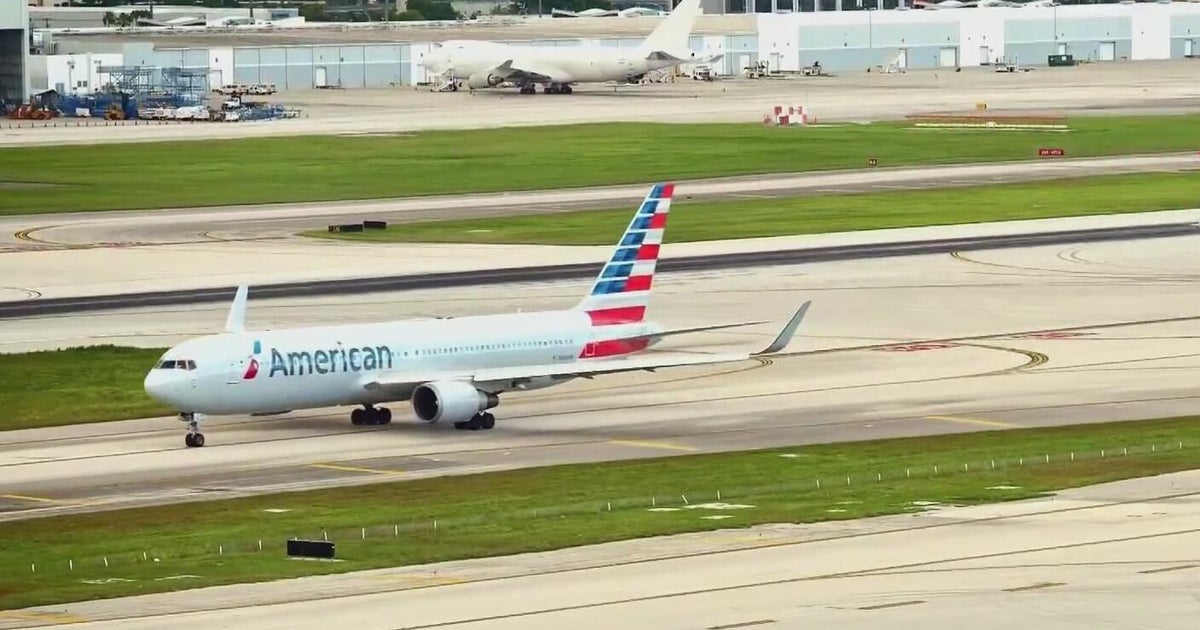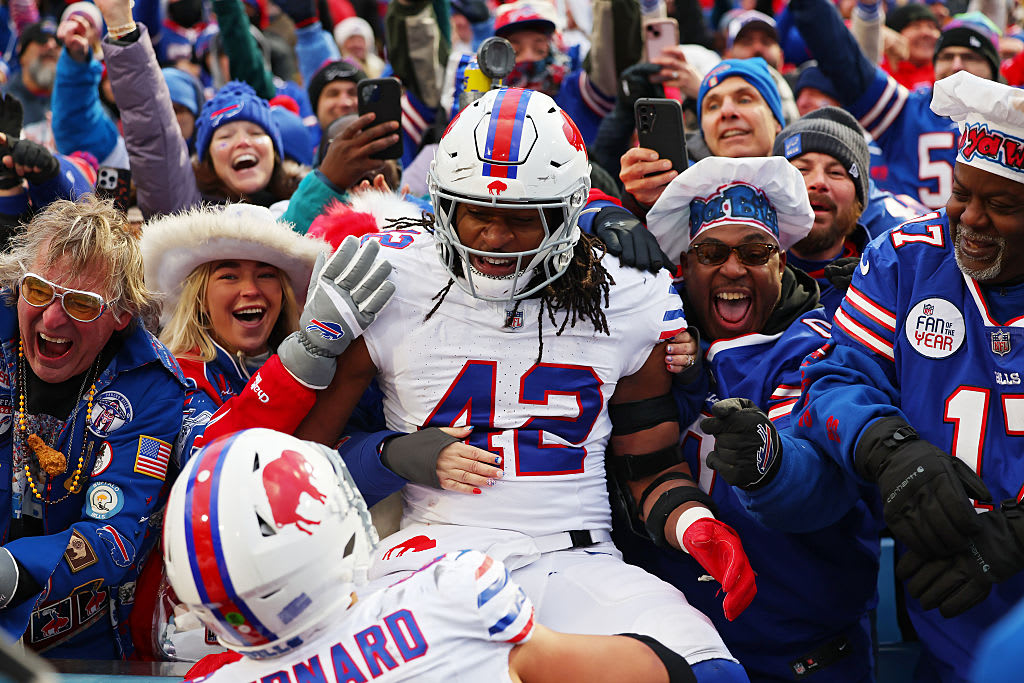Starbucks workers at 3 New York stores get green light to vote on union
Workers hoping to unionize Starbucks stores in the U.S. have won a preliminary victory before the National Labor Relations Board.
Workers at three Starbucks coffee shops in the Buffalo area filed petitions in August with the NLRB asking for a vote on union representation. Employees at the Starbucks stores told the New York Times in August that they are seeking to address chronic problems such as understaffing, unpredictable scheduling and insufficient training.
The NLRB said employees at three separate Starbucks stores in Buffalo, New York, can hold union elections in November in a new ruling. The board rejected Starbucks' attempt to hold a single vote with 20 stores in the region.
If the effort is successful, the stores would be the first of Starbucks' 8,000 company-owned U.S. stores to unionize. The Seattle-based coffee giant opposes the unionization effort.
Starbucks said Thursday that it had just received the ruling and was evaluating its options. The company reported record fiscal fourth quarter revenue of $8.1 billion earlier Thursday and had announced a $1 billion effort to raise U.S. workers' pay to at least $15 — and up to $23 — per hour by next summer.
"Our storied success has come from our working directly together as partners, without a third party between us," Starbucks said Thursday in a statement. "We remain focused on supporting our partners as well as maintaining open, transparent and direct conversations throughout the process."
The NLRB said the union elections will be held by mail-in ballot between November 10 and December 8. The board will count the ballots on December 9.
There are about 128 employees at the three stores that will vote, according to the NLRB decision.
Determining what workers are authorized to participate in a union election is often a major point of contention in a union drive. Large employers can often thwart efforts to organize by expanding the pool of eligible employees, forcing organizers to win support from many more people, Todd Vachon, director of the Labor Education Action Research Network at Rutgers University, told CBS MoneyWatch recently.
"It's a little bit of warfare," he said.
"It's been disappointing to see Starbucks working overtime to try to stop us from organizing, but today's decision is a big win and soon we're going to have an even bigger victory when we vote our union in," said Michelle Eisen, an 11-year veteran of Starbucks in Buffalo and a member of Starbucks Workers United, the union organizing group.
Starbucks Workers United has the backing of the broader Workers United union, which represents 86,000 U.S. and Canadian workers in food service, textiles and other industries. Workers United is an affiliate of the Service Employees International Union.
National reckoning on wages
The Starbucks unionization effort comes amid a pandemic-era reckoning on wages and working conditions by employees across the U.S. More than 10,000 Deere & Co. workers went on strike earlier this month after the United Auto Workers rejected a contract offer, while 1,400 workers walked off the job at Kellogg Co.'s U.S. cereal plants. That strike ended last month when workers ratified a new contract.
Earlier this summer, more than 600 workers at a Frito-Lay plant in Topeka, Kansas, walked off the job to protest working conditions during the pandemic, including what they called forced overtime. That strike ended in July when workers ratified a new contract.
Workers at Nabisco plants in five states went on strike in August to protest plans by Nabisco's parent, Mondelez International, to move some work to Mexico, among other issues, according to the same bakery union that represents the Kellogg's workers.
Meanwhile, Amazon workers in New York are seeking to hold a union vote. Amazon workers in Alabama overwhelmingly rejected an effort to form a union there in April.



